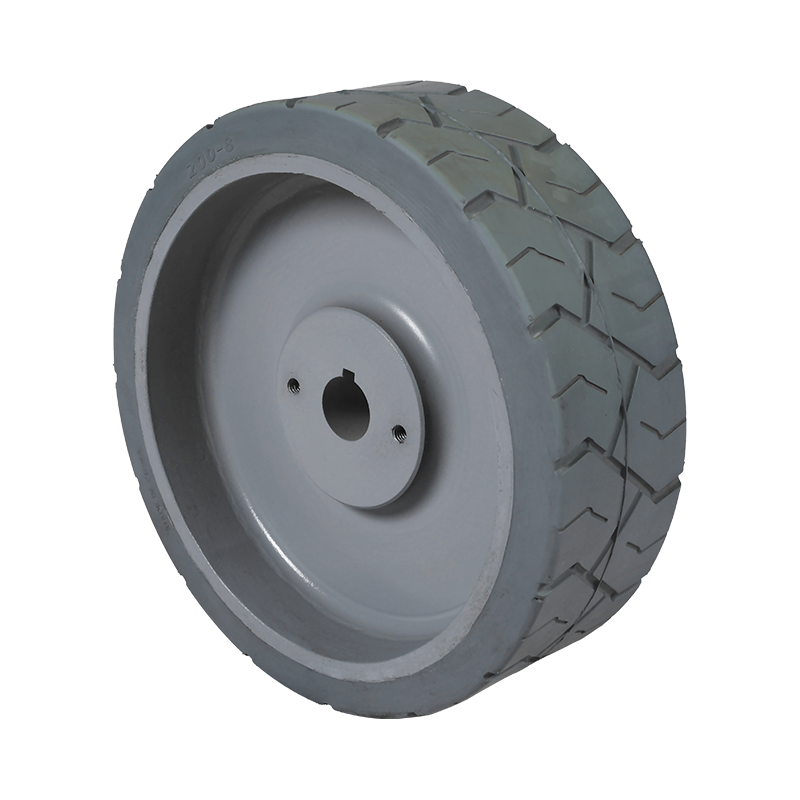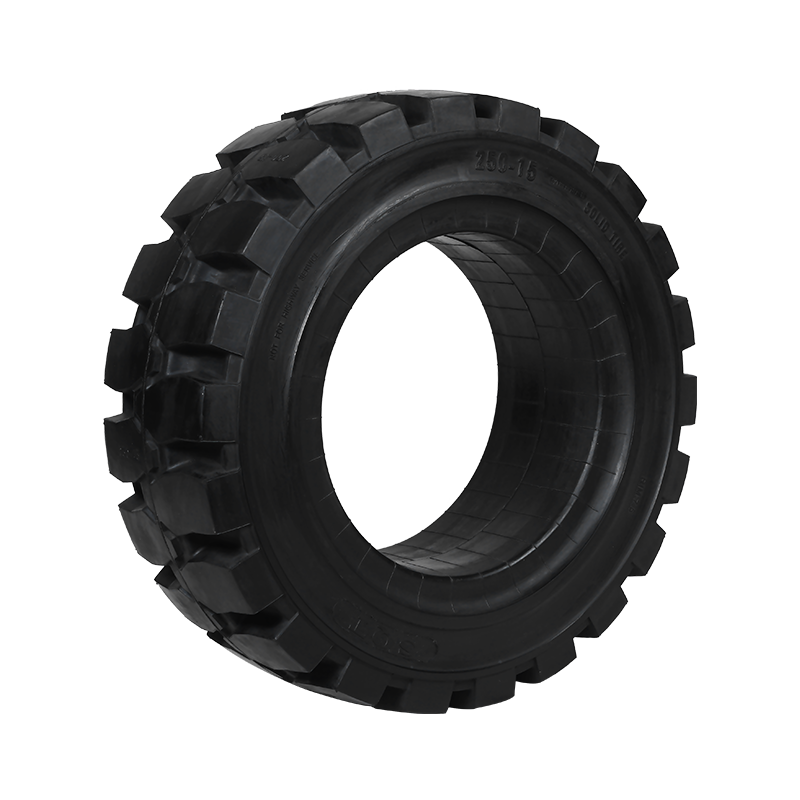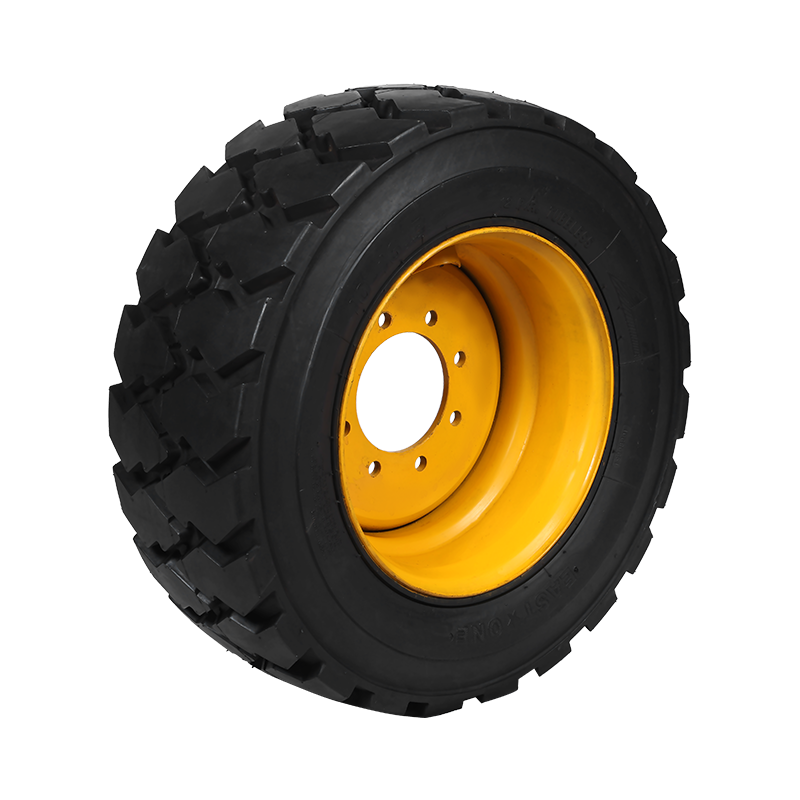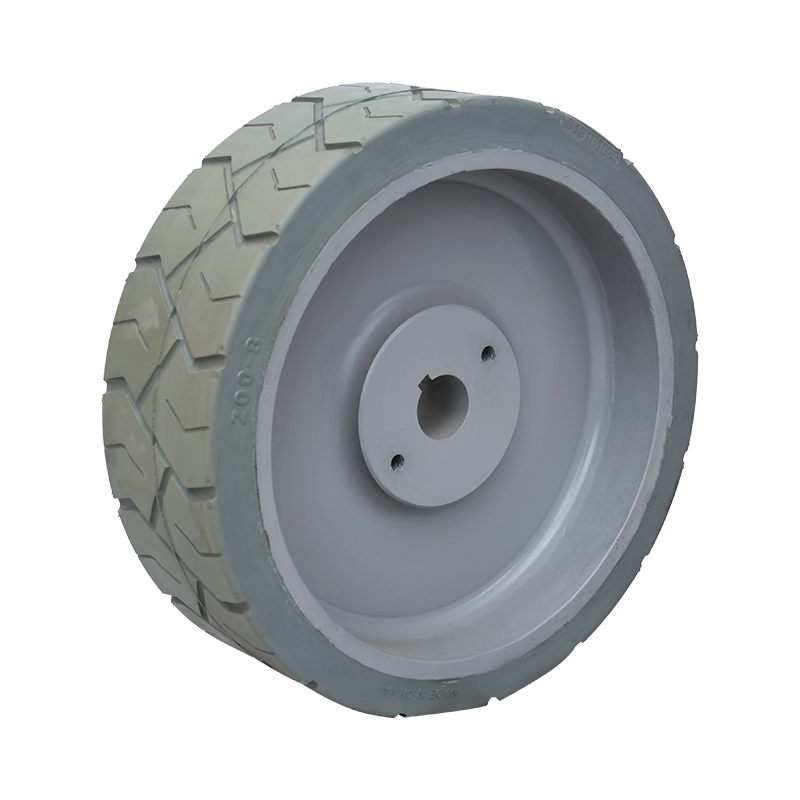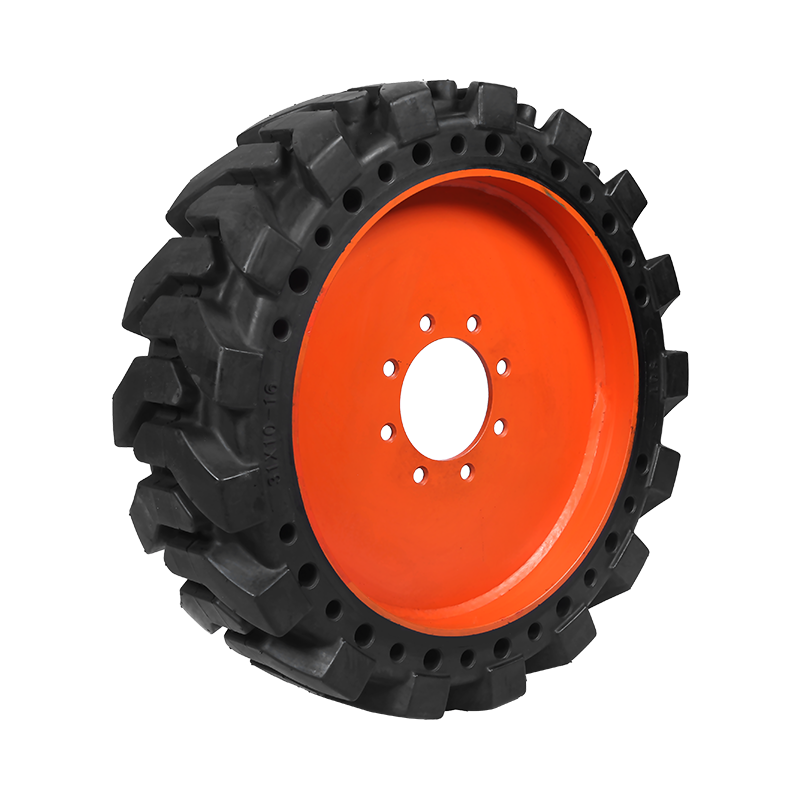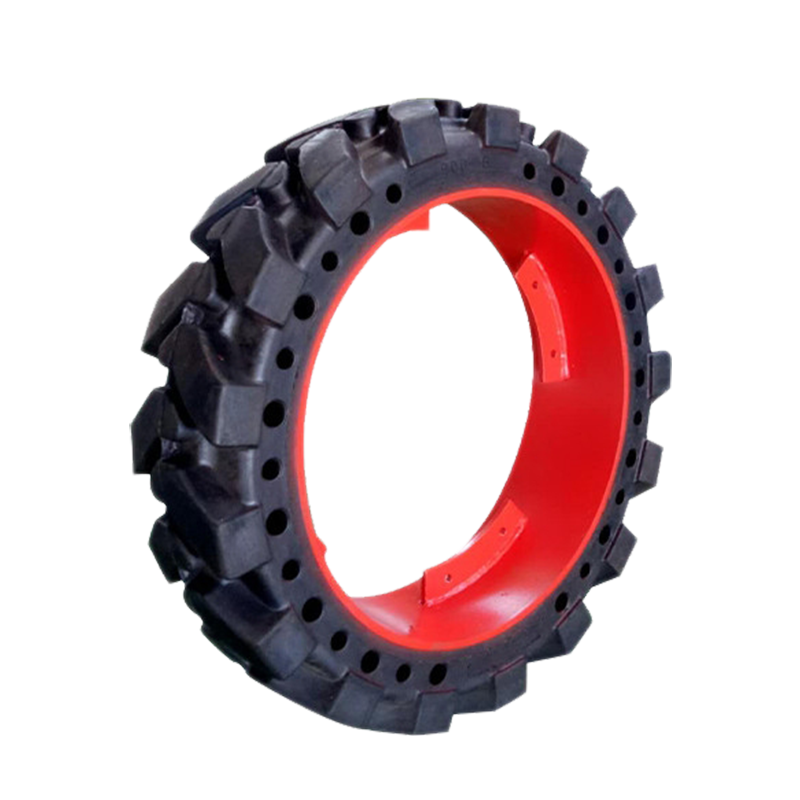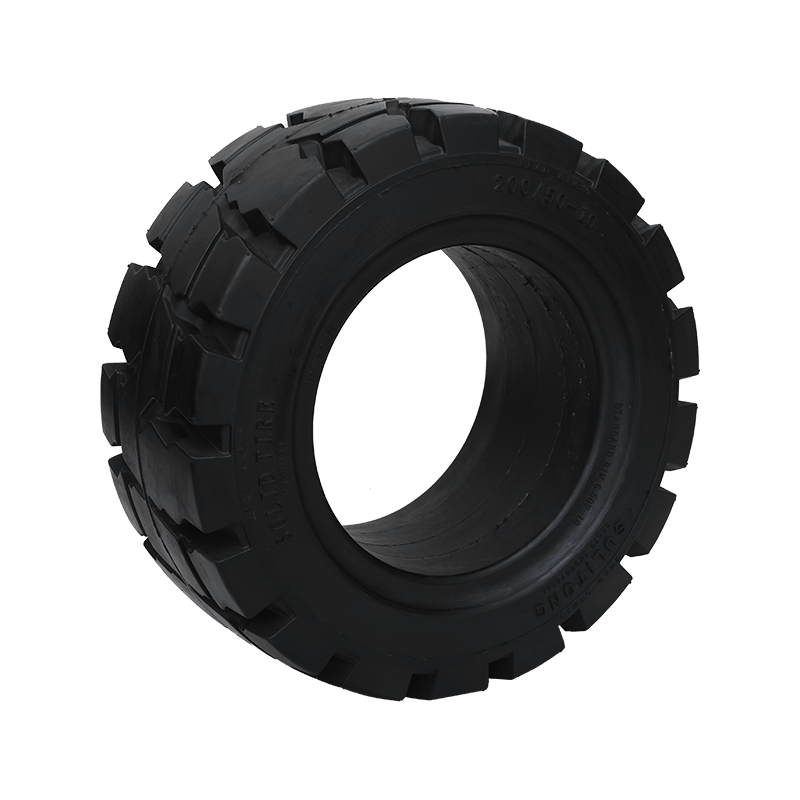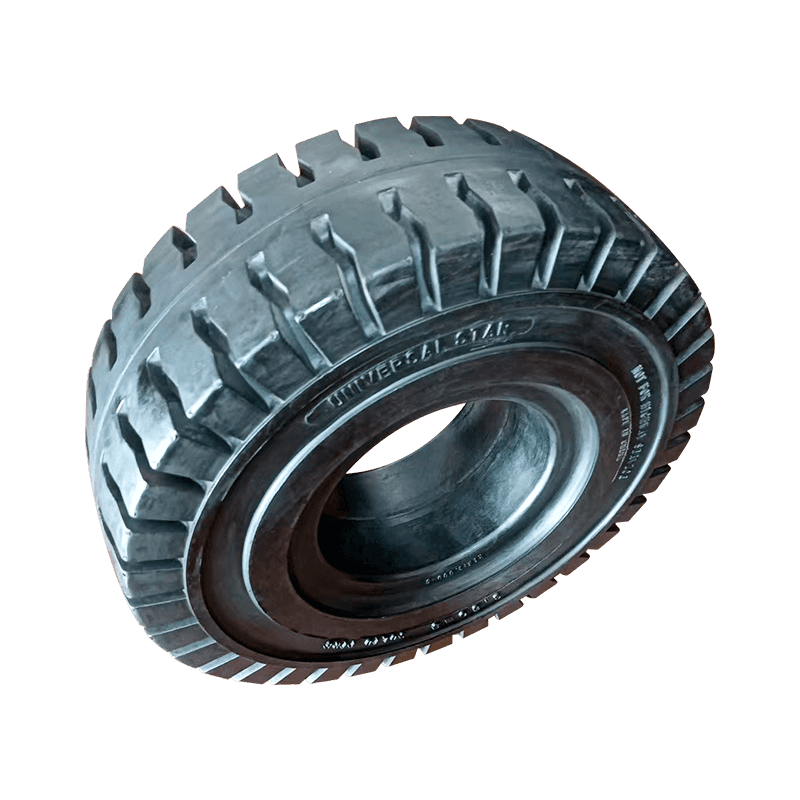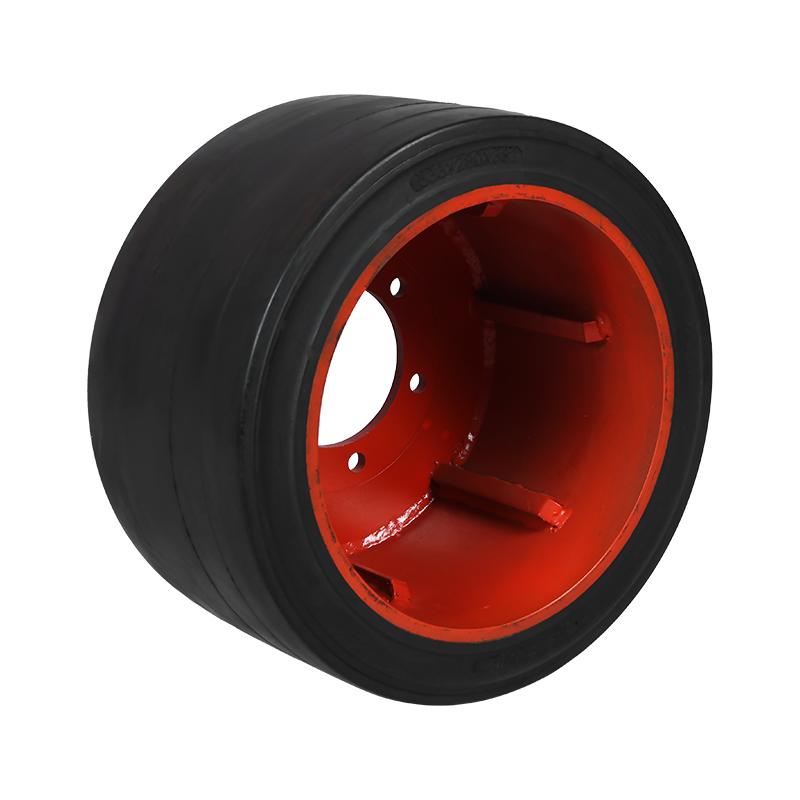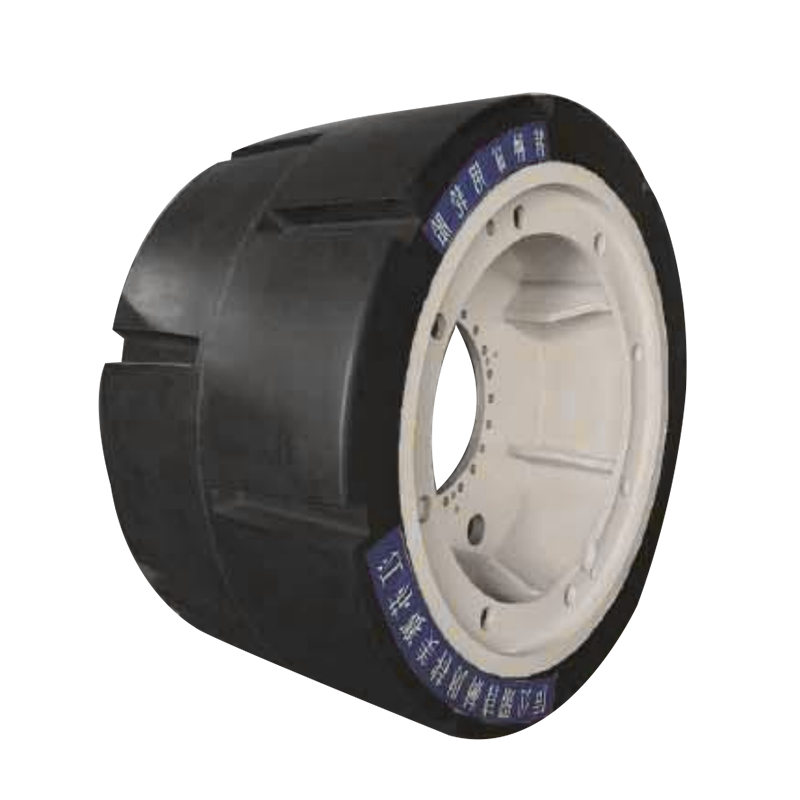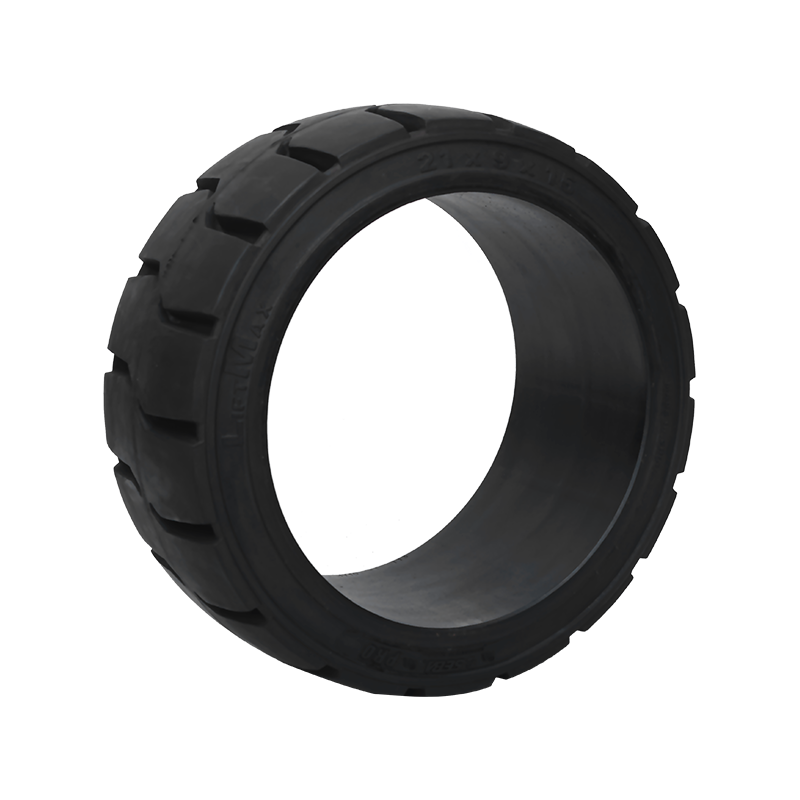Understanding the Importance of Scissor Lift Tires
Scissor lifts are indispensable pieces of equipment in construction, maintenance, and industrial environments, safely and efficiently elevating workers to high places. One of the most critical components that supports this heavy machinery and ensures its stability and safety is the Scissor Lift Tires. The correct selection and maintenance of these tires are crucial for the machine's overall performance, operator safety, and project efficiency.
Tire Types: Tailored to Your Needs
There are various types of Scissor Lift Tires, each optimized for specific working environments and applications. Understanding these types will help you make an informed choice:
-
Non-Marking Solid Tires: This is the most common choice, especially for indoor or sensitive-surface environments. Made from solid materials like rubber or polyurethane, they are completely immune to flats or blowouts. The non-marking property means they won't leave unsightly black streaks on expensive floors or polished surfaces. This makes them ideal for indoor applications like warehouses, shopping malls, airports, and factories. Because of their durability and puncture resistance, non-marking solid tires are also a top choice for many rental companies.
-
Solid Pneumatic Tires: These tires combine the durability of solid tires with the cushioning properties of pneumatic tires. They have a solid core but are shaped and behave in some ways like inflated tires. They can provide better traction and a smoother ride on uneven outdoor terrains while still offering the benefit of puncture resistance.
-
Foam-Filled Tires: These tires are standard pneumatic tires that have been injected with a polyurethane foam, making them solid. This method combines the traction and cushioning of a pneumatic tire with the puncture-proof advantage of a solid one. Foam-filled tires excel in harsh environments like construction sites that are filled with nails, debris, and sharp fragments.
-
Pneumatic Tires: While less common than solid tires, pneumatic tires still have some applications. They can provide the best shock absorption, which improves operator comfort. However, they require regular air pressure checks and are susceptible to punctures, which makes them less practical for most industrial and construction settings.
Professional Advice for Choosing and Maintaining Scissor Lift Tires
Selecting the right Scissor Lift Tires is a significant decision. The wrong tires can not only affect machine performance but also pose safety risks. Here is some professional advice:
-
Consider the Working Environment: Are you working on a flat, clean indoor floor, or on a rugged, uneven outdoor job site? This will determine whether you need solid, pneumatic, or foam-filled tires. If you're working in an area with demanding surface requirements, non-marking tires are your only option.
-
Check Load Capacity: Ensure the tires you choose have a load capacity sufficient to support the lift and its maximum rated load. The tire sidewall typically indicates its maximum load and pressure information.
-
Regular Inspection and Maintenance: Regularly check the tires for signs of wear, cracks, or damage. For solid tires, check for large chunks missing or uneven wear. For pneumatic tires, it is crucial to regularly check and maintain the correct air pressure, as underinflation can lead to overheating and premature wear.
-
Proper Storage: If the scissor lift will be idle for an extended period, park it in a clean, dry, and cool place. Avoid leaving the tires exposed to direct sunlight for long periods, as UV rays can accelerate rubber degradation.
The Future Trends of Scissor Lift Tires
As technology evolves, so do Scissor Lift Tires. Manufacturers are researching more durable and environmentally friendly materials to extend tire life and reduce environmental impact. For example, some companies are developing tires made from recycled materials or using more advanced composite materials to improve wear and puncture resistance.
In summary, Scissor Lift Tires are the cornerstone of safe and efficient scissor lift operation. When purchasing, renting, or maintaining equipment, taking the time to understand and invest in the correct tire type is key to ensuring a smooth project and operator safety.
CONTACT US
-

Email: SMT001@saimeite-tyre.com
-

Phone: +86-18451337018No. 1, Renmin South Road, Yandu District, Yancheng City, Jiangsu Province, China

 English
English 한국어
한국어 Français
Français Español
Español
